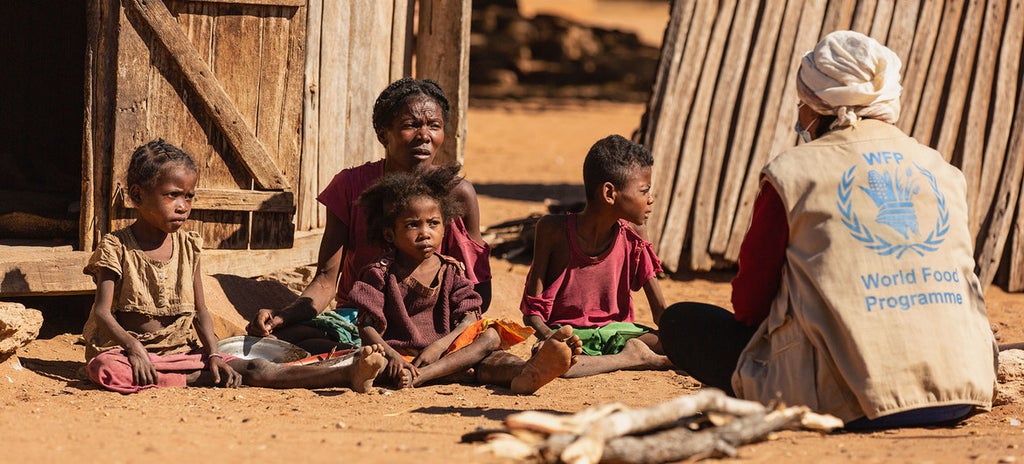
The UN food agency has warned that thousands of families in southern Madagascar are on the edge of starvation as the country faces its worst drought in four decades.
Families have been sustaining themselves on raw red cactus fruits, wild leaves, and locusts for several months.
World Food Programme (WFP) Executive Director David Beasley explained that he had met women and children who had “walked for hours” to get to the food distribution points.
“These were the ones who were healthy enough to make it”, he added.
More than 1.14 million people are food insecure as severe droughts in Madagascar have led to an almost total disappearance of food sources and pushed communities to the brink of starvation.
“This is not because of war or conflict, this is because of climate change,” Mr Beasley said.
WFP warned that an estimated 14,000 people are already in catastrophic conditions, which will double by October.
While this area of the world has contributed nothing to climate change, they are “paying the highest price”, he added.
Last month, analysis by Geneva-based aid agency Care International pointed out how wealthy countries are ‘’falling short’’ on financial goals to mitigate climate crisis in developing countries.
The analysis showed that rich countries’ latest climate finance plans were devoid of exact details and did not meet the $100bn- a-year target (£70bn) for 2020.
In 2009, rich countries agreed to provide public and private money to help developing nations expand their clean energy options and adapt to the consequences of rising temperatures - which countries like southern Madagascar desperately need.
Meanwhile, WFP said it needs $78.6 million to provide life-saving food for the next lean season. In the long term, the country needs irrigation systems, roads, and much more to stem the hunger crisis - infrastructure which it doesn’t have.
The remote location of many communities, coupled with poor roads, has prevented aid workers from delivering aid to the intended recipients.
WFP said that malnutrition levels in children under five in Madagascar have almost doubled over the last four months, to an alarming 16.5 per cent.
And the district of Ambovombe is among the worst-hit areas where 27 per cent face a life-threatening situation.
“This is enough to bring even the most hardened humanitarian to tears”, said Mr Beasley.
Last week the WFP chief met with Prime Minister Christian Ntsay and senior officials to identify immediate and long-term solutions to this crisis.







